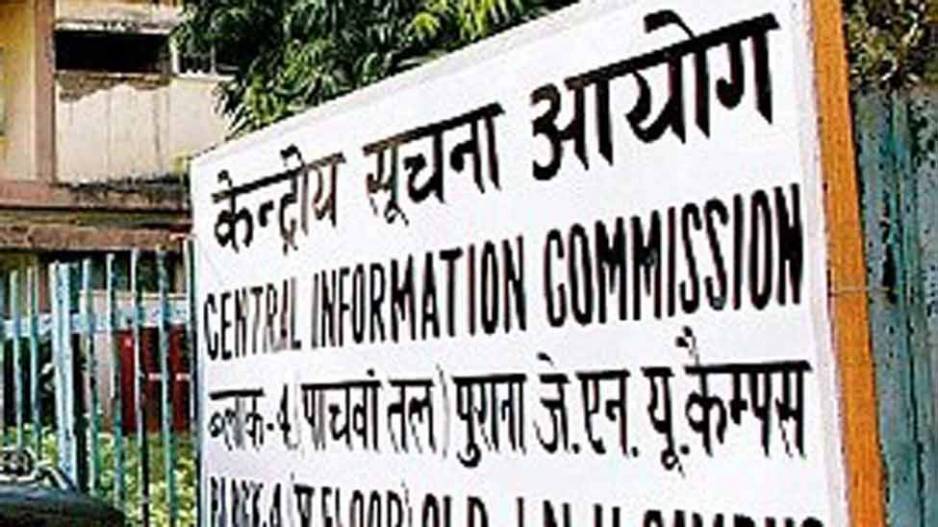Recommended Stories
New Delhi: The Central Information Commission (CIC) has issued show cause notices to officials of the National Commission for Protection of Child Rights (NCPCR) for not giving information on cases pending before it, without justification.
The CIC directed the child rights body to provide information regarding cases pending for over two years relating to the Bihar Circle and details of disposal of cases where the accused were found guilty, after removing the names and personal details of the children concerned in the cases.
The matter pertains to one Ajit Kumar Singh who had sought information on the number of complaints received by the NCPCR, a copy of inquiry proceedings in such complaints, date-wise decisions of cases where the accused were found guilty and what reliefs were granted.
Though the applicant did not seek the names or personal details of the children concerned, he was still not provided with any information by the NCPCR which cited the exemption clause of the RTI Act, under Section 8(1)(j), pertaining to personal information.
"It is absolutely not convincing that the National Commission for Protection of Child Rights is refusing the information about action taken on complaints pending since years before it," Information Commissioner Sridhar Acharyulu said in his recent order.
Acharyulu said the NCPCR used the privacy exception to refuse the entire information.
No effort was made to provide information which could have been disclosed under a pro-active disclosure clause of the RTI Act, Section 4(1)(b), he said.
"The NCPCR has hired the services of a consultant and adviser, who instead of guiding the CPIO (chief public information officer) properly to disclose the information, misguided him to deny the entire information. These two experienced seniors did not even provide reasons to justify the denial," he said.
The Commissioner said these officials failed to perform their duty to separate information that could be given from that which could not disclosed under Section 10(1) of RTI Act which allows removing sensitive information.
"They do not know that Section 10 provides for severability. When the appellant was not seeking names and personal information and wanted information about the number of cases left out without any action, or action taken and pending before the Commission for years, the public authority cannot invoke Section 8(1)(j) at all," he said.
The appellant's request for action taken on four-year old complaints before the NCPCR was in public interest and related to its core function, he added.
"The CPIO, adviser and consultant vehemently argued with the Commission refusing the disclosure without forwarding any justification. They have bluntly rejected the entire information abusing Section 8 (1)(j) of the RTI Act. It is most unfortunate that the consultant and advisor have guided the CPIO and the public authority to breach the RTI Act," he said.
In the show cause notices, the Commissioner directed NCPCR CPIO G Suresh, advisor Rakesh Bhartiya and senior consultant Raman Gaur to explain why penalty should not be imposed upon each of them, for the "illegal obstruction" of information.













